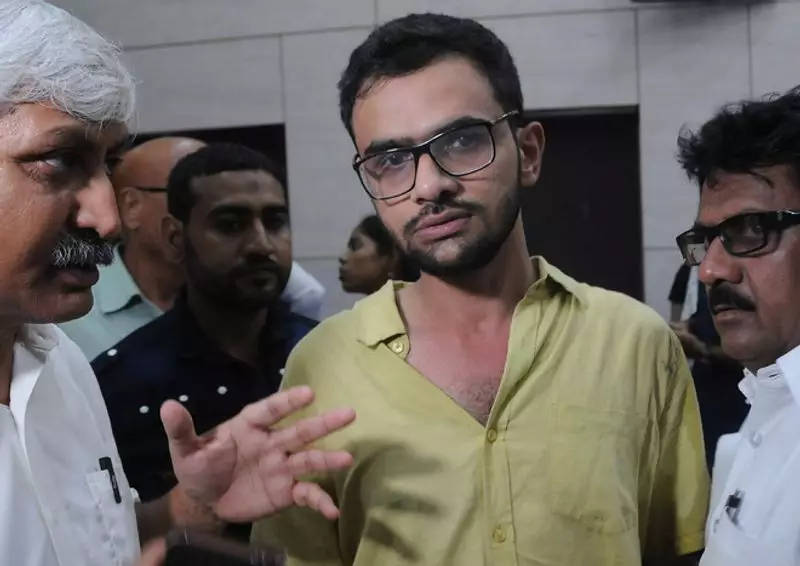
The Supreme Court of India is poised to conduct a crucial hearing on Monday that could determine the fate of four individuals accused in the contentious 2020 Delhi riots case. The bench will consider bail applications from prominent student activists Umar Khalid and Sharjeel Imam, along with two other accused persons.
Legal Battle Reaches Apex Court
This development comes after the Delhi High Court previously denied bail to the accused, prolonging their legal struggle. The case, which has drawn nationwide attention, involves charges under the stringent Unlawful Activities (Prevention) Act (UAPA), making bail provisions particularly challenging for the defendants.
Chronology of Legal Proceedings
The legal journey has been marked by several significant moments:
- Initial arrests following the 2020 communal violence in Delhi
- Multiple bail rejections in lower courts
- Delhi High Court's refusal to grant relief
- Now, the final recourse in the Supreme Court
Background of the Case
The 2020 Delhi riots, which occurred in February of that year, resulted in widespread violence and significant casualties. The prosecution alleges that the accused were involved in orchestrating the communal violence, while the defense maintains their clients' innocence and questions the evidence presented.
Legal experts are closely watching this case as it could set important precedents for the application of UAPA in similar circumstances. The hearing scheduled for Monday represents a critical juncture in this prolonged legal battle that has kept the accused in judicial custody for an extended period.
What to Expect from Monday's Hearing
The Supreme Court bench will examine various aspects of the case, including:
- The strength of evidence presented by investigating agencies
- Compliance with legal procedures during investigation
- The applicability of UAPA charges in this specific context
- Previous court observations and rulings in the matter
The outcome of this hearing could have far-reaching implications not only for the immediate accused but also for similar cases involving the UAPA legislation across the country.






